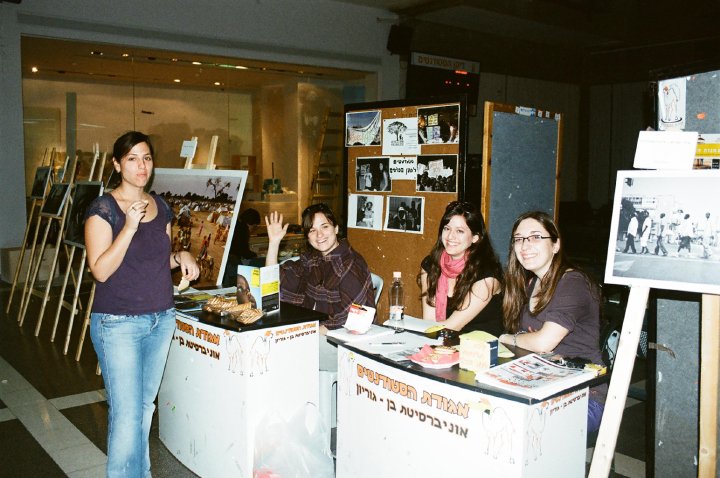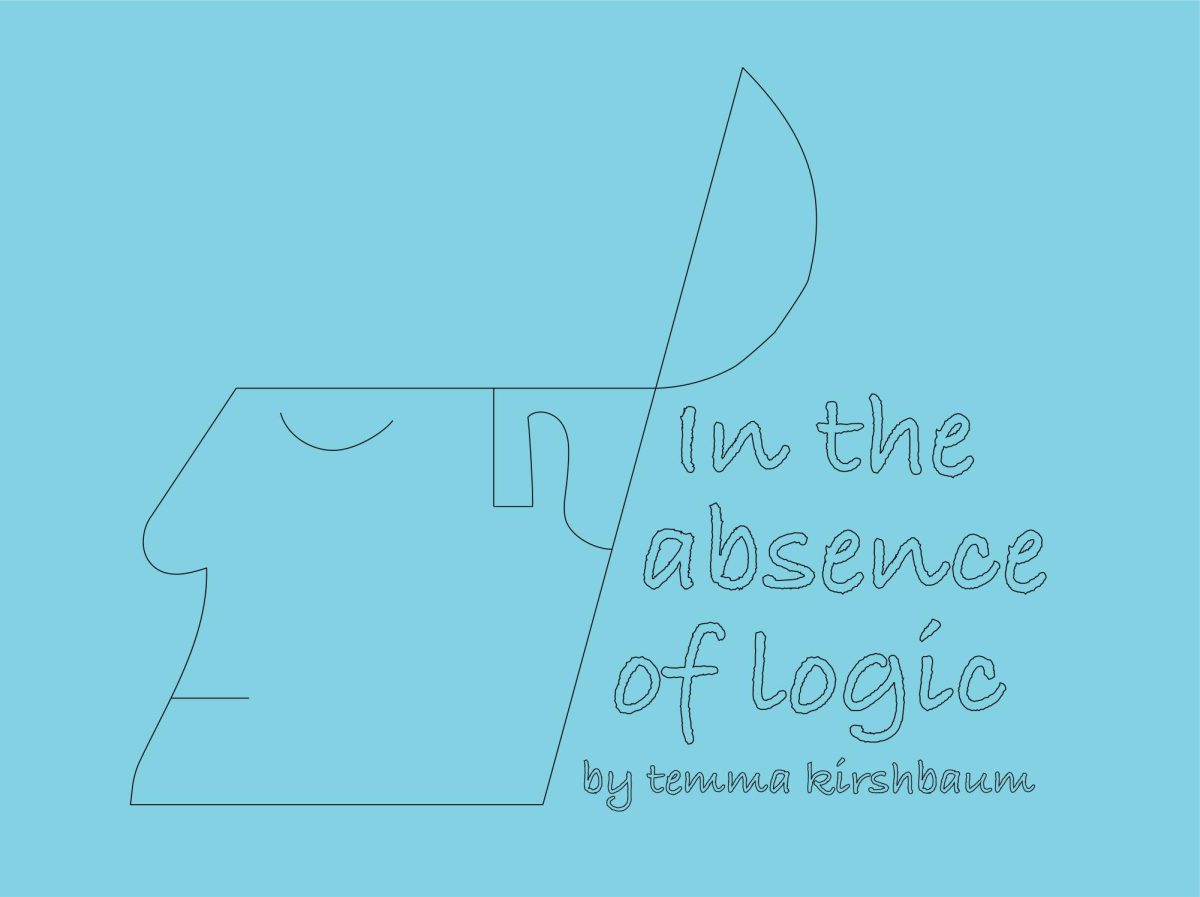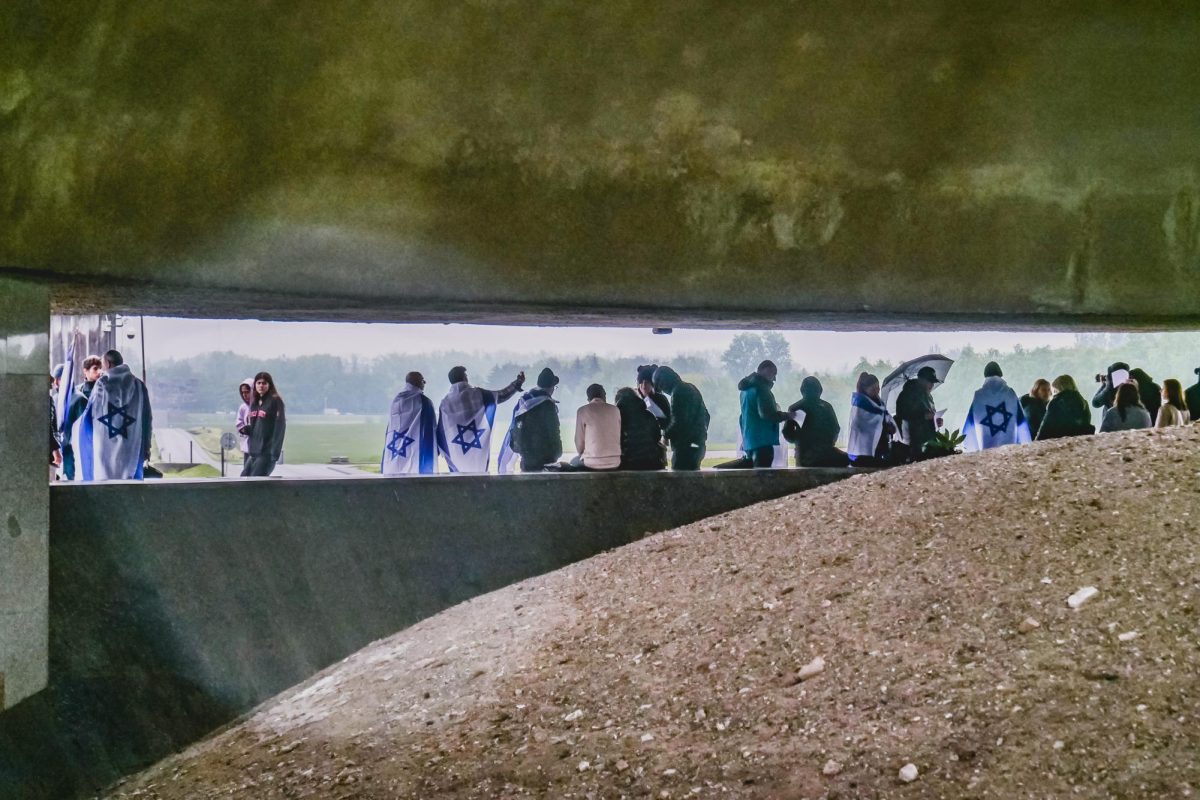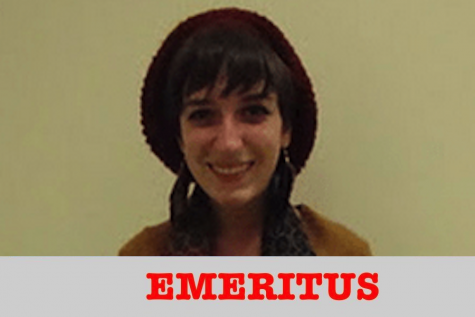The UN estimates that 90 percent of those who cross Israel’s border are refugees, fleeing from genocide and other conflict zones like Sudan, Eritrea and Somalia. Last year, Israel recognized two individuals as refugees.
Most African refugees are absorbed by neighboring African countries—the poorest countries on the globe. For the Sudanese, violent discrimination espoused by both the public and the police makes Egypt nearly as dangerous as Sudan, so they are forced to continue onward. Though Israel signed and ratified the Convention Relating to the Status of Refugees, it has no comprehensive internal policy. The 1954 Law for the Prevention of Infiltration was supposed to expire with the state of emergency in place since 1948. Neither has been lifted. The law stands instead alongside 1952’s more lenient Entry to Israel Law. Add to the legalistic muddle a poorly manned UNHCR office with impossible standards of proof and an Israeli interest in discouraging non-Jewish entry, and rarely do asylum seekers get very far in the refugee status application process.
Yet as one activist put it during a screaming match with MK Nitsan Horowitz, “They’re not Sudanese Zionists. They don’t want to settle their nation in Israel. They just need temporary asylum.”
Many Israelis, even in the government, foster resentful misperceptions about African asylum seekers, such as that Sudanese work for Al Qaeda. These Sudanese are fleeing fundamentalist Islamic regimes, and their complete irrelevance to Al-Qaeda or similar organizations has been confirmed many times by Israeli intelligence. But some Israelis fear that if allowed to immigrate, they would eventually fall under the sway of Islamist teachers and pose an internal security threat.
In 1949, newborn Israel drafted a clause of the Geneva Convention stipulating that refugees from enemy countries be treated like any other refugees, citing as motivation Britain’s refusal to accept Jewish refugees fleeing Nazi Germany. This clause was ultimately erased; whether the Jewish collective memory will meet the same fate is in our hands.
Elana Eden ’09 was editor-in-chief of The Boiling Point during the 2008-09 school year.








